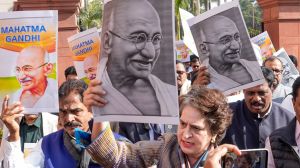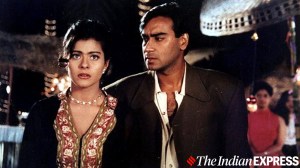“I love India,” he declares. “I’ve never had a bad meal in India; I can’t say that about other parts of the world. I’ve never seen such humility as I have in the people of India, and no place in the world touches me emotionally like India,” he says, when we met him at the Four Seasons Hotel Mumbai. We present him with a box of kesar modak from the 103-year-old Panshikar. He takes one, then another, savouring the flavours and noting his affinity for saffron. “Restaurants with three Michelin stars are a masterclass in technical ability, but where is the emotion? For me, it’s soulless. What moves me are the emotions,” he says, a day before hosting a masterclass and preparing a seven-course French-Italian-British meal featuring dishes such as baby lobster, asparagus and truffle, and roasted chicken with risotto porcini. It’s a part of his three-city tour organised by World On A Plate and presented by Kotak Private that saw him visiting Mumbai, Bengaluru and Delhi; each city witnessing sold-out dinners.

 Chef Marco speaks with a lot of empathy when he says that mothers give their children “a great insight into the world that they were born into, the world that inspired them”
Chef Marco speaks with a lot of empathy when he says that mothers give their children “a great insight into the world that they were born into, the world that inspired them”
In numerous interviews over the years, he has consistently stated that if he had to choose another country to live in, it would be India. “What I love the most about Indian cuisine is its simplicity. It’s almost so simplistic, it’s quite sophisticated. They don’t need to do much to create something extraordinary. Their presentation is their generosity, and the way they serve it — hot. The steam seduces you. Before you even taste it, you’re already seduced by the scent and generosity,” explains the chef whose definition of a good meal is “being fed well”, adding that Indian food is not designed to be had in small portions.
When told about the trend of tasting menu-only restaurants in India, he calls it “boring.” “Gastronomy is about indulging. Indian cuisine isn’t about tiny portions of Rogan Josh or biryani. It’s about generosity. Why would I want a big plate with a tiny something on it? I’m sure many people who’ve worked hard all day and earned a lot don’t want that.”
Marco’s eloquence extends beyond food. He elaborates, “When you watch your mother or grandmother cook, there’s no weighing scale — it’s just their eyes and fingers,” he says, mimicking the gesture of adding spices. “People (in India) respect their past, the times when their mothers and grandmothers showed them how to make certain dishes. You might not be able to cook everything your mother taught you, but you’ve seen how it’s done, you remember the taste, and you can recreate it.”
 It was this quest for self-discovery that led to his decision to return his three Michelin stars in 1999 — a rare move at the time when such achievements were groundbreaking.
It was this quest for self-discovery that led to his decision to return his three Michelin stars in 1999 — a rare move at the time when such achievements were groundbreaking.
Chef Marco speaks with a lot of empathy when he says that mothers give their children “a great insight into the world that they were born into, the world that inspired them”, making us wonder how the loss of his mother at a tender age of six shaped him as an individual.
“Watching my mother die at six, and seeing them put her on a stretcher and take her into an ambulance, not realising at the time that that would be the last time I saw her, impacted me enormously. The saving grace was that a boy’s blueprint is created in the first six years by his mother, so by the time she died, she’d made my blueprint,” he notes. While overcoming the tragedy took a long time, the silver lining he says was that he “became a product of my emotion, not my environment.”
Story continues below this ad
He elaborates, “Most people are born into a sector of society. They absorb that world, becoming part of it and eventually becoming it, whether right or wrong. But for those of us who are damaged, like I was, the tragedy creates an invisible shell that protects us. We observe the world but never absorb it, remaining unpoisoned by it. We grow and eventually face a choice: do we suffocate within the glass, or break it to continue our emotions? That’s the principal proof. I’m a product of my emotions, not the world I was born into. It doesn’t mean I’m better; it just means I’m different.” That’s also why he stepped aside when Netflix approached him with a show on gastronomic revolution of Great Britain with other chefs. “No disrespect to them. But I can’t make myself a piece of a jigsaw when I don’t belong in that jigsaw.”
 Marco’s eloquence extends beyond food
Marco’s eloquence extends beyond food
Marco, 62, who earned his first two Michelin stars at Harveys in in Wandsworth Common, London, decided to leave the restaurant because he felt the kitchen’s size limited his ability to explore and expand his range of techniques. In 1993, he opened The Restaurant Marco Pierre White, at the Hyde Park Hotel, London, where he introduced advanced culinary techniques such as confit, braising, and en vessie. Over the years, his menus have highlighted his mastery in reimagining classic French dishes with a contemporary flair, focusing on simplicity and high-quality ingredients. Some of his notable dishes include pigeon served with foie gras, roast beef with Yorkshire pudding, fillet steak, wild mushroom risotto, and braised short ribs.
In his early 30s, Marco embarked on a path of self-discovery. “I was 32 years old, working in the kitchen, when a thought struck me: ‘Marco, who is your mother?’ I couldn’t shake it. I turned to my right-hand man, and said, ‘I need to take a break.’ I could have called my father or my mother’s sister and they all would have told me the same thing: she was wonderful. I realised I needed a logical approach to gain the understanding and knowledge I sought. So, I decided to write down every single memory I had of my mother. I have many, as I’m highly visual. Had my mother not died when I was six, these memories would have been replaced by new memories. I wrote down each memory, then dissected and reassembled them, much like Humpty Dumpty, the rhyme. I realised that I am my mother’s boy, not my father’s son. From ages six to 16, my father tried to mould me into his likeness. For many years, I lived as someone I wasn’t.”
It was this quest for self-discovery that led to his decision to return his three Michelin stars in 1999 — a rare move at the time when such achievements were groundbreaking. “I couldn’t continue living a lie,” he says, “Pretending I cook when I don’t, charging high prices when I’m not there — it wasn’t right. The real courage came from realising that I was being judged by people with less knowledge than me. What are three stars worth? Not much. Awards are nice, but true success is self-discovery. It’s having the courage to walk the road of self-discovery and accepting yourself for who you are. Self-discovery is success. Three Michelin stars? Boring.”
Story continues below this ad
Credited for mentoring renowned chefs, including Gordon Ramsay and Heston Blumenthal, Marco notes the changing dynamics in kitchens. “Fifty years ago, kitchens were filled with working-class people. Today, you see middle and upper-class individuals. People aren’t allowed to work the hours we did. We worked 100 hours a week. For me, 50 hours a week is part-time.” On more and more people hoping and working towards having a work-life balance, he quips, “I’ve always liked dysfunction. The people who thrived with me were dysfunctional.”

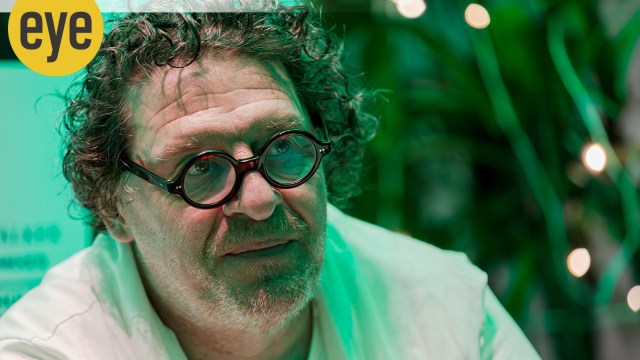

 Chef Marco speaks with a lot of empathy when he says that mothers give their children “a great insight into the world that they were born into, the world that inspired them”
Chef Marco speaks with a lot of empathy when he says that mothers give their children “a great insight into the world that they were born into, the world that inspired them”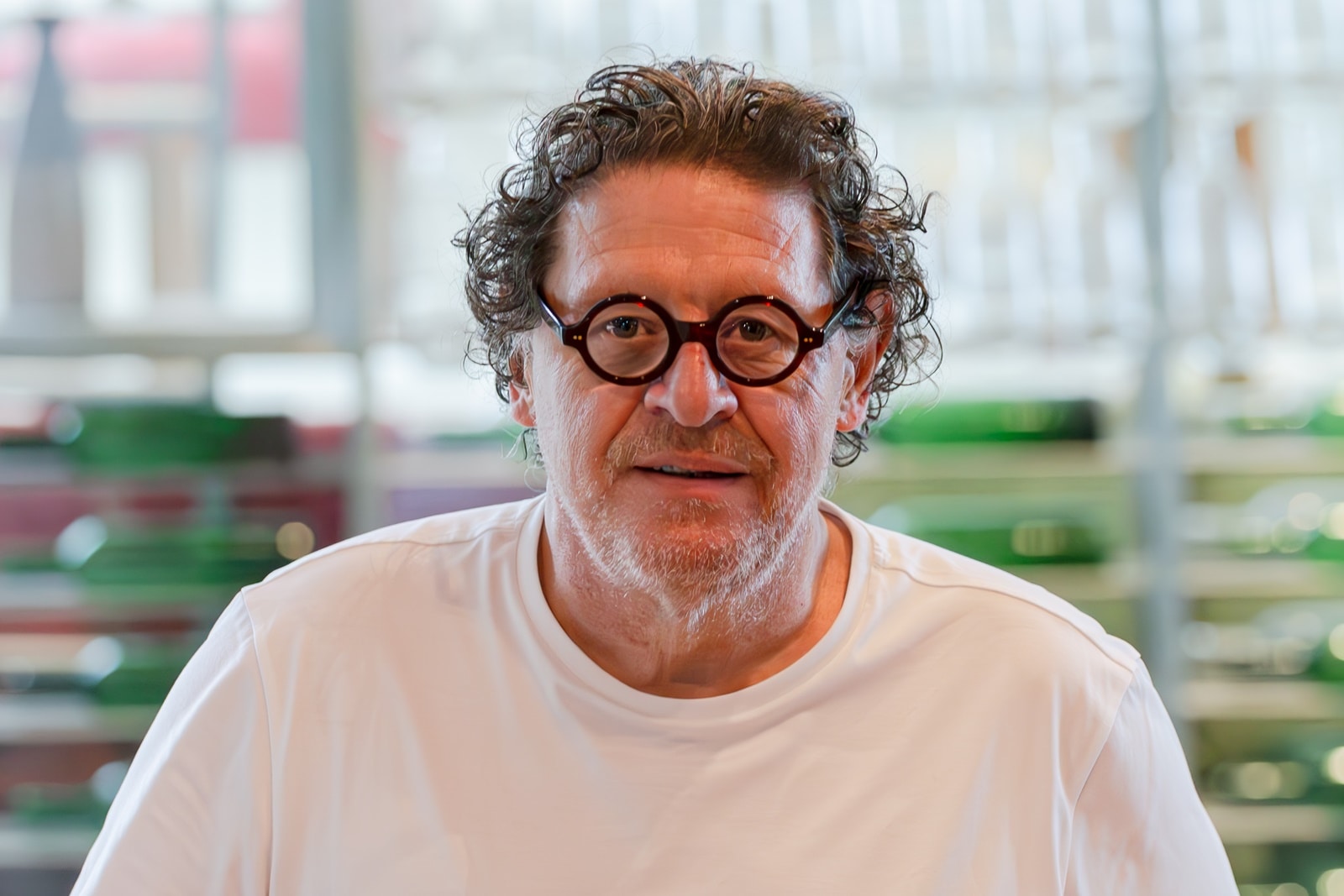 It was this quest for self-discovery that led to his decision to return his three Michelin stars in 1999 — a rare move at the time when such achievements were groundbreaking.
It was this quest for self-discovery that led to his decision to return his three Michelin stars in 1999 — a rare move at the time when such achievements were groundbreaking.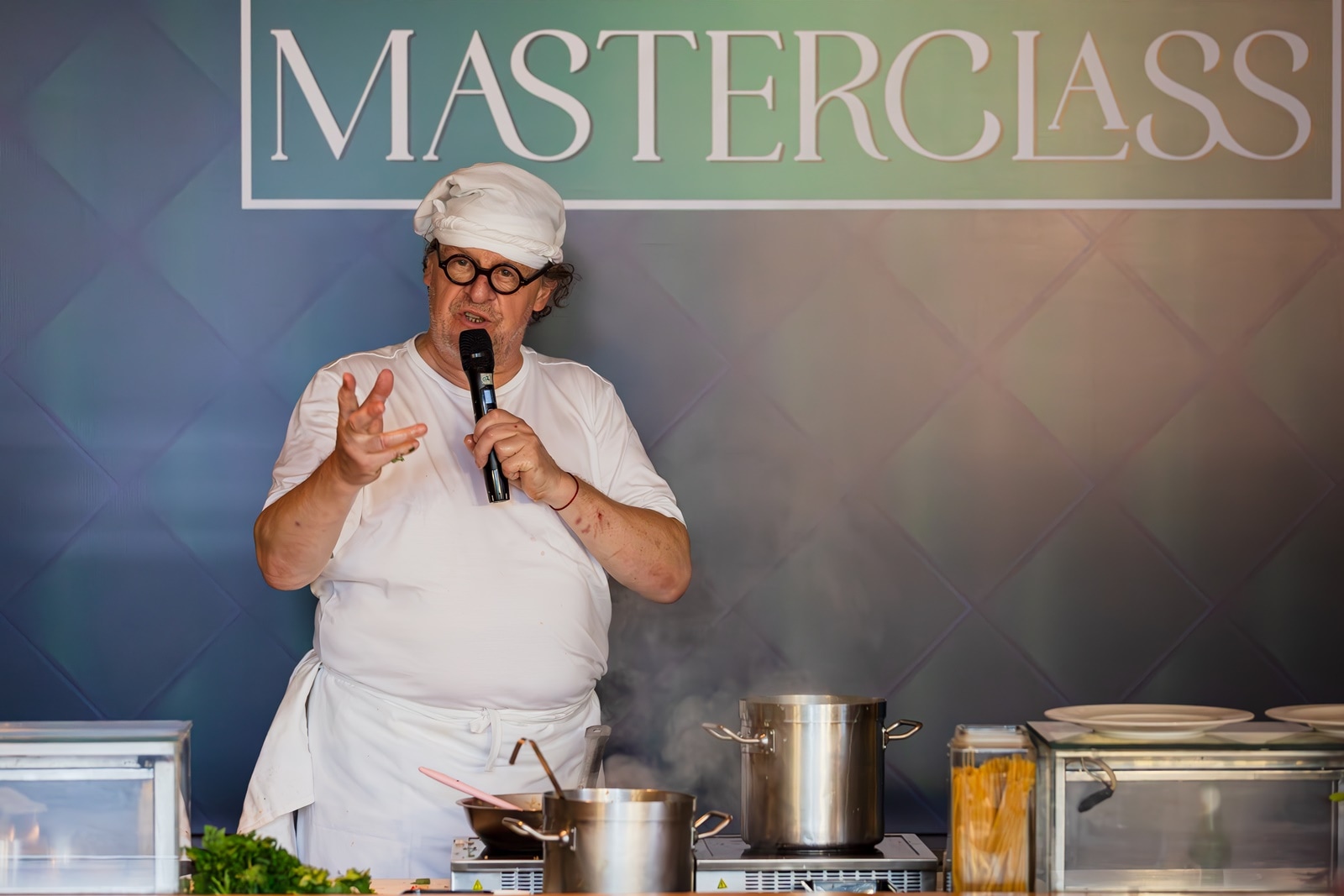 Marco’s eloquence extends beyond food
Marco’s eloquence extends beyond food






